Search
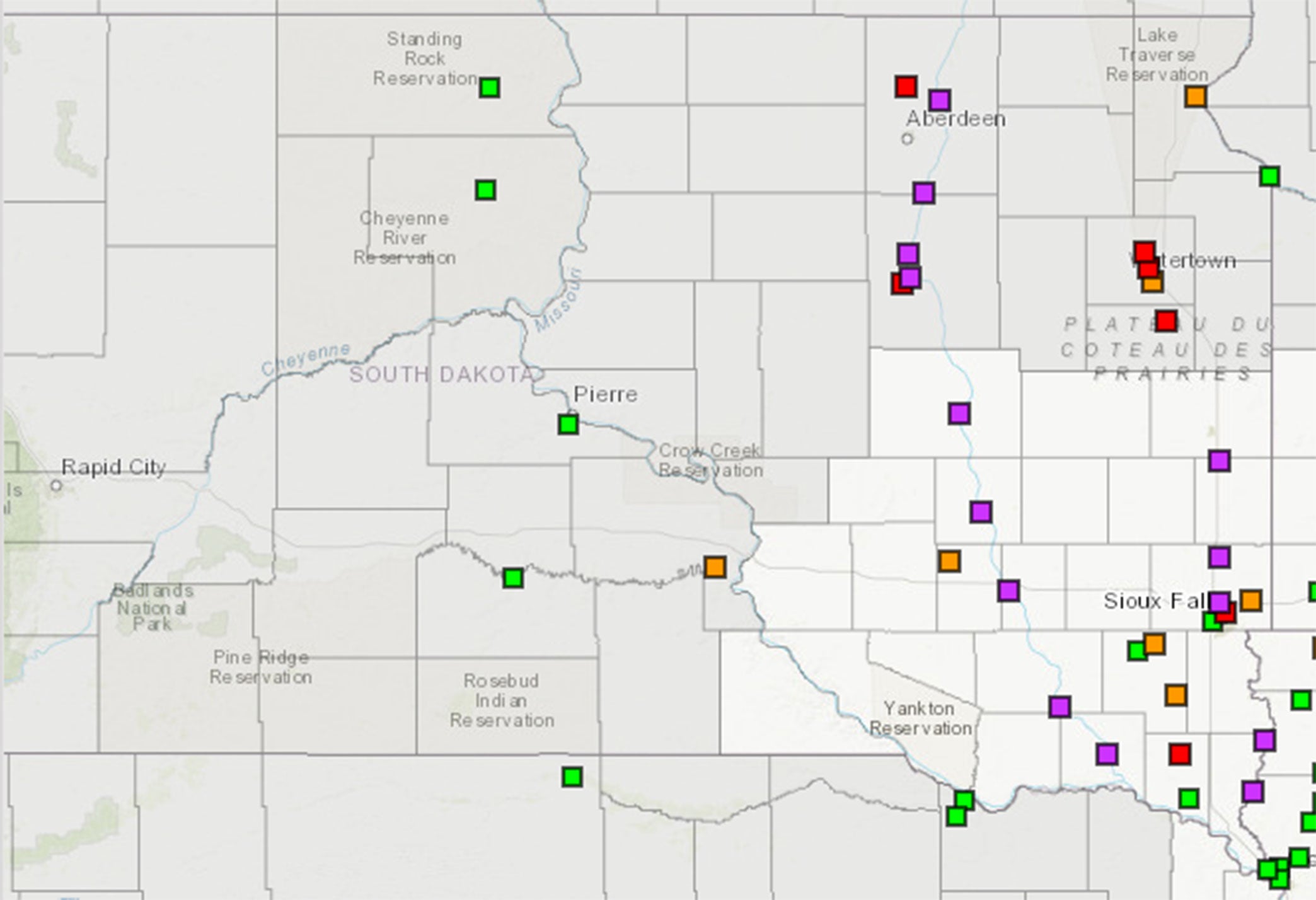
Get to Know Your Local Emergency Management Director
The warmer weather and spring migration this March have us all thinking of better days ahead. Unfortunately, it also has us thinking about flooding again this spring.
Dakota & Lakota Traditional Games Resource
Play these games to promote the development of physical endurance, coordination, dexterity, quickness and strength.
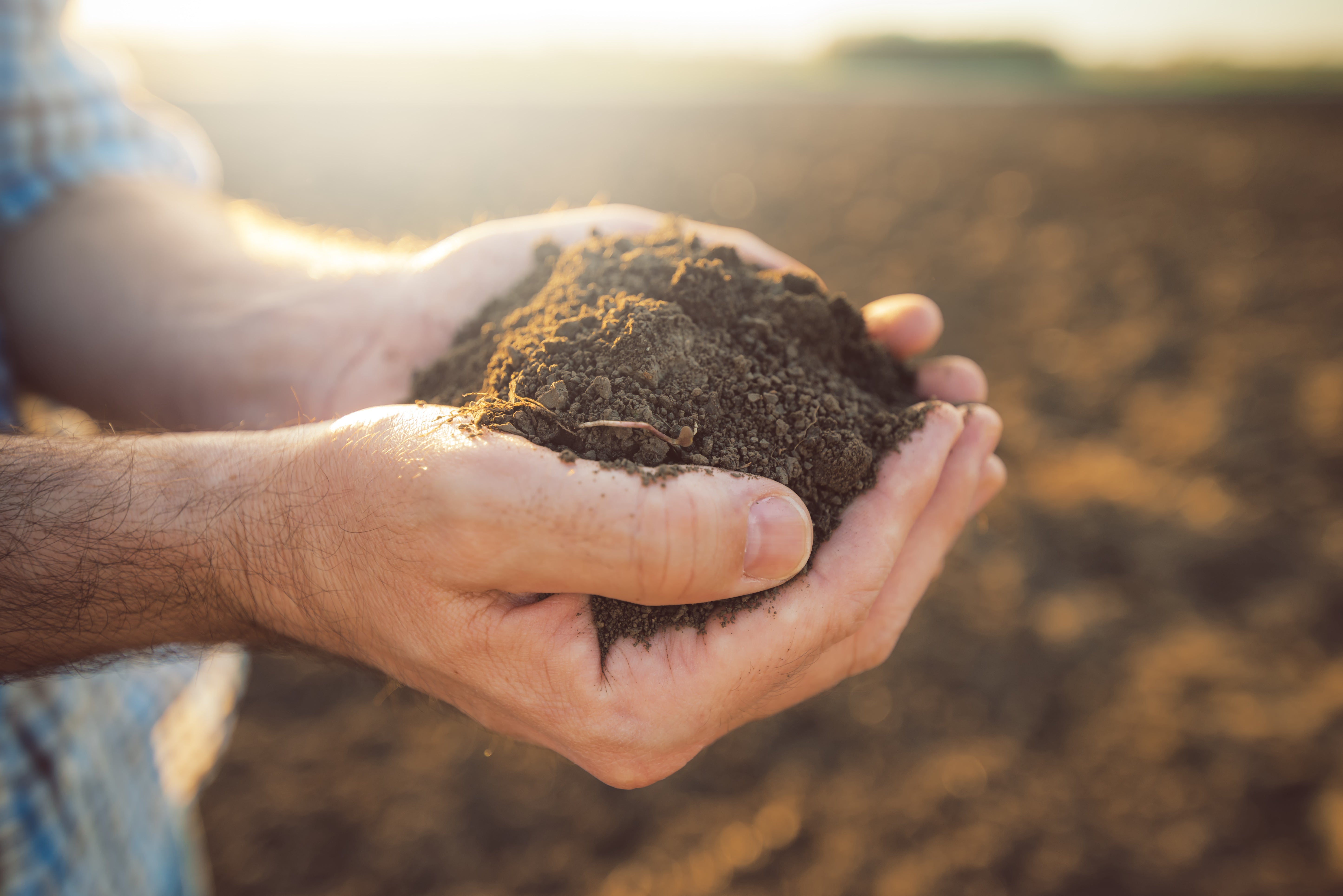
X-Ray Scanning Confirms Soil Health Benefits from Conservation Practices
Summary report of X-ray scanning confirms soil health benefits from conservation practices.
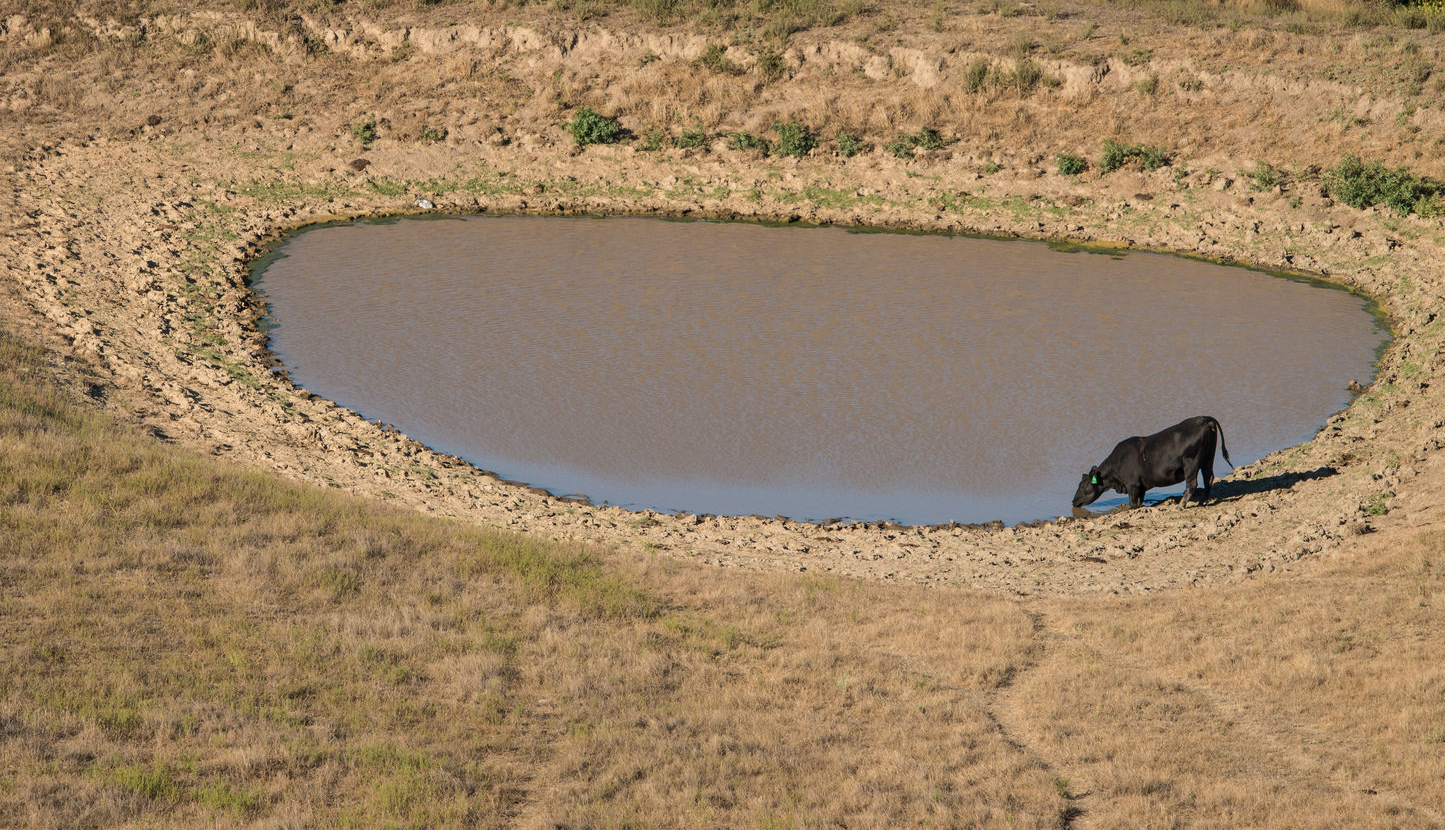
Feed & Water Testing Laboratories
A partial listing of available feed testing laboratories.

Optimal Design Drainage Rates for Eastern South Dakota
Fact sheet for the optimal design drainage rates for Eastern South Dakota.
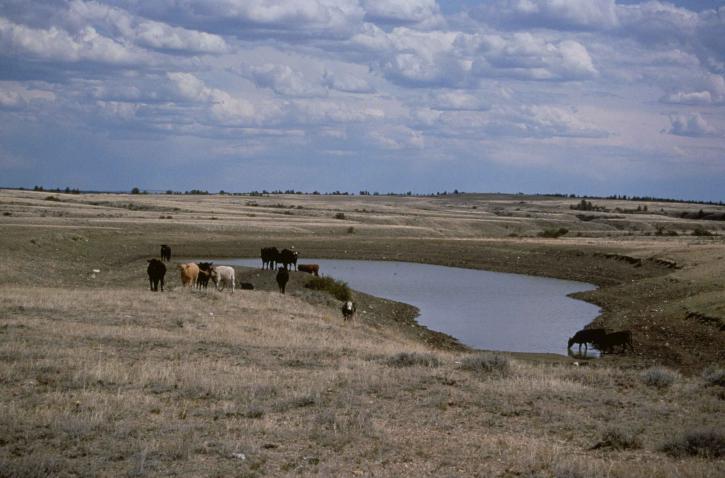
Ranch Drought Planning
Fact sheet with general drought planning tips from the range and natural resource perspective.

Understanding Western South Dakota Prairie Streams
This document provides information and guidance for landowners and land managers in western South Dakota who are managing small intermittent streams.
Saturated Buffer for South Dakota
Saturated buffer fact sheet for producers, tile drainage contractors, conservation professionals, other ag professionals.

Late Plant Crop Insurance Dates
Crop insurance late plant dates are fast approaching for planting small grains in South Dakota. Late plant dates for corn, soybean, and sunflower are nearing as well. Producers will want to work with their crop insurance agent to explore planting options and reporting of prevent plant areas.
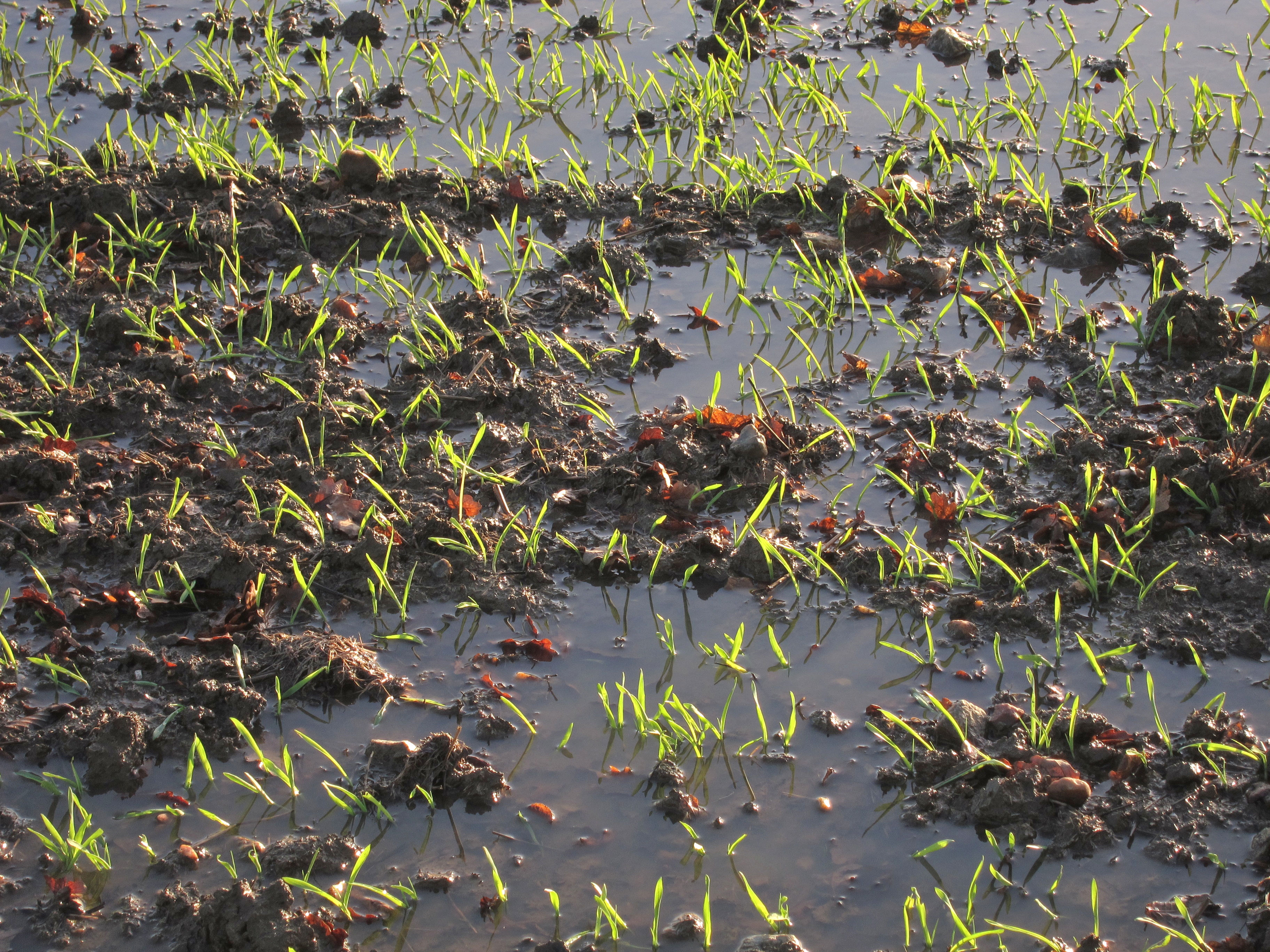
Wet Feet in Wheat
Given the widespread wet conditions present this spring, there are many areas in winter wheat fields with both ponding and saturated (or waterlogged) soils. Producers may want to consider soil conditions and evaluate extended weather forecasts when deciding whether or not to retain a winter wheat this spring.